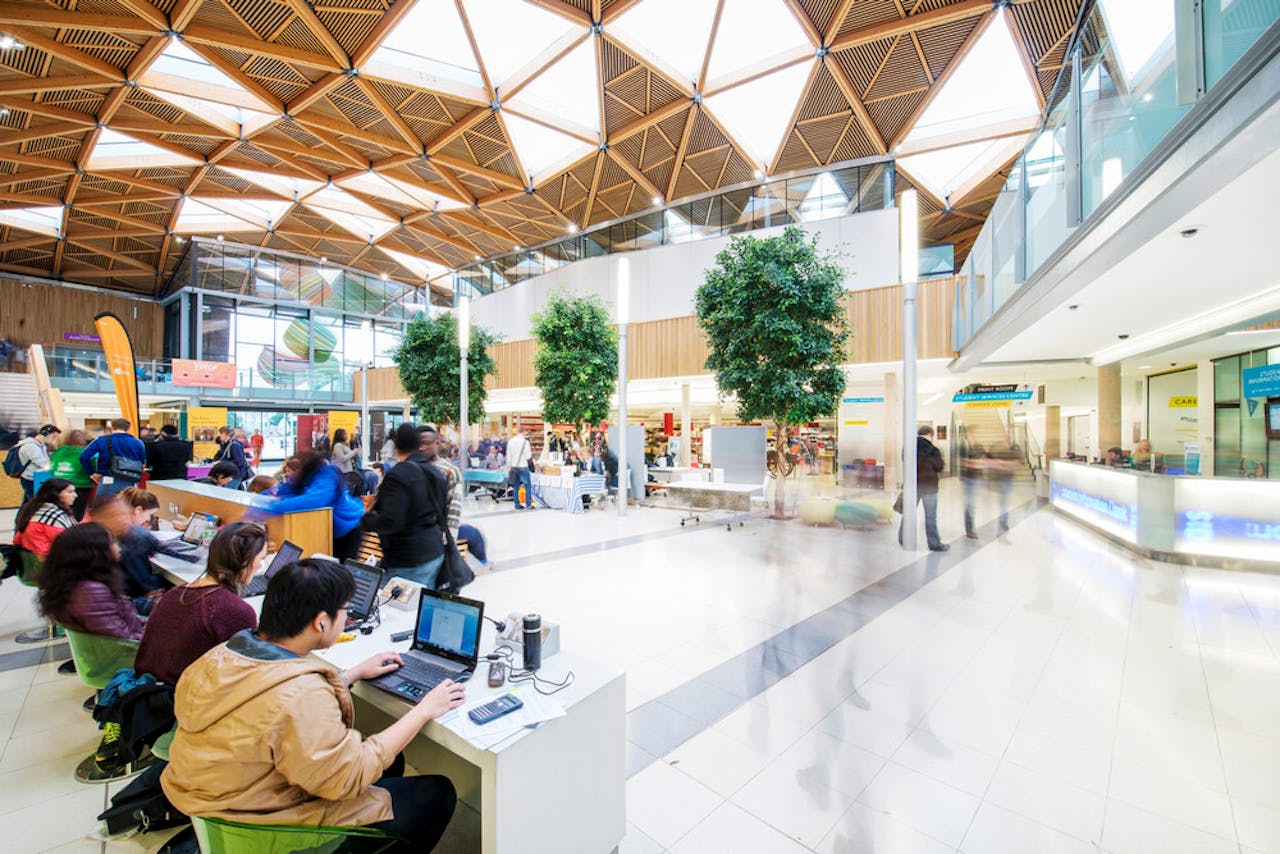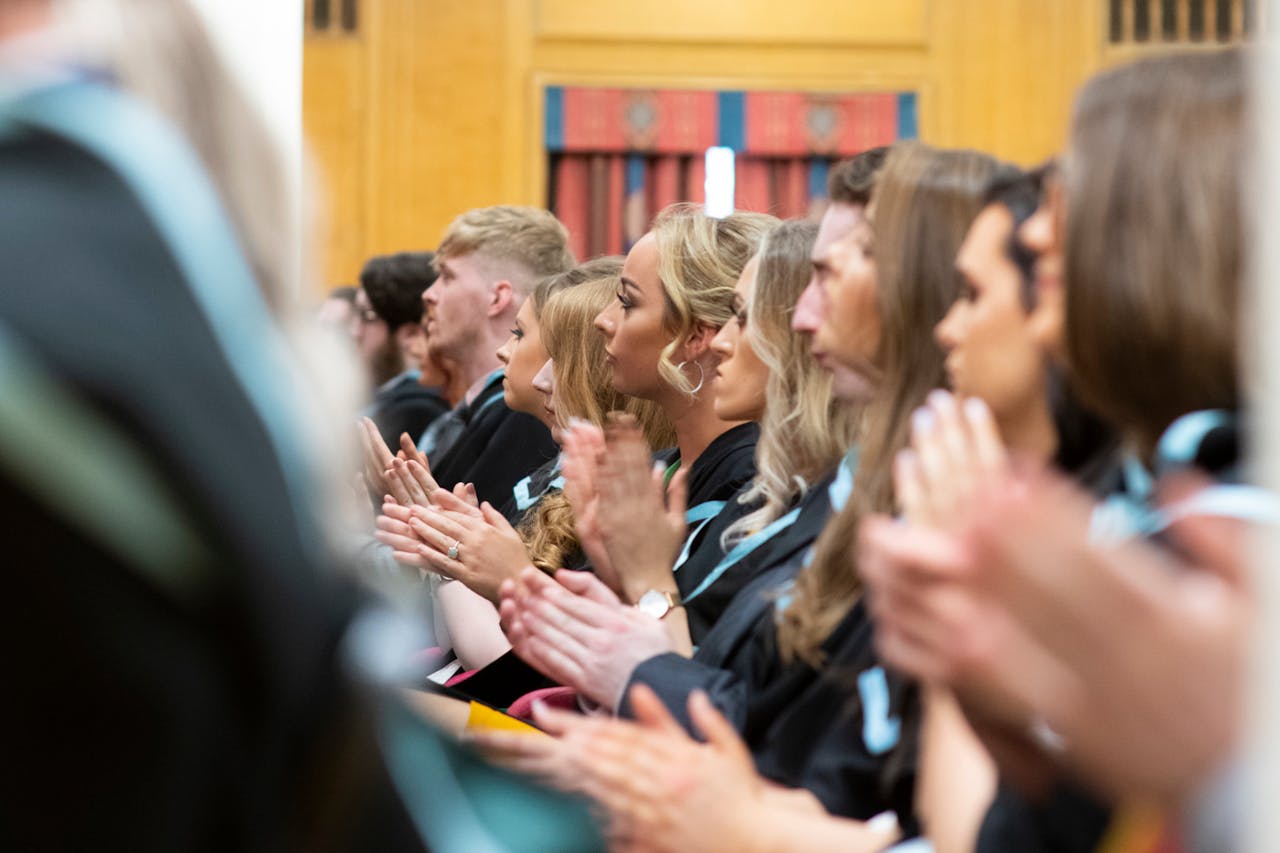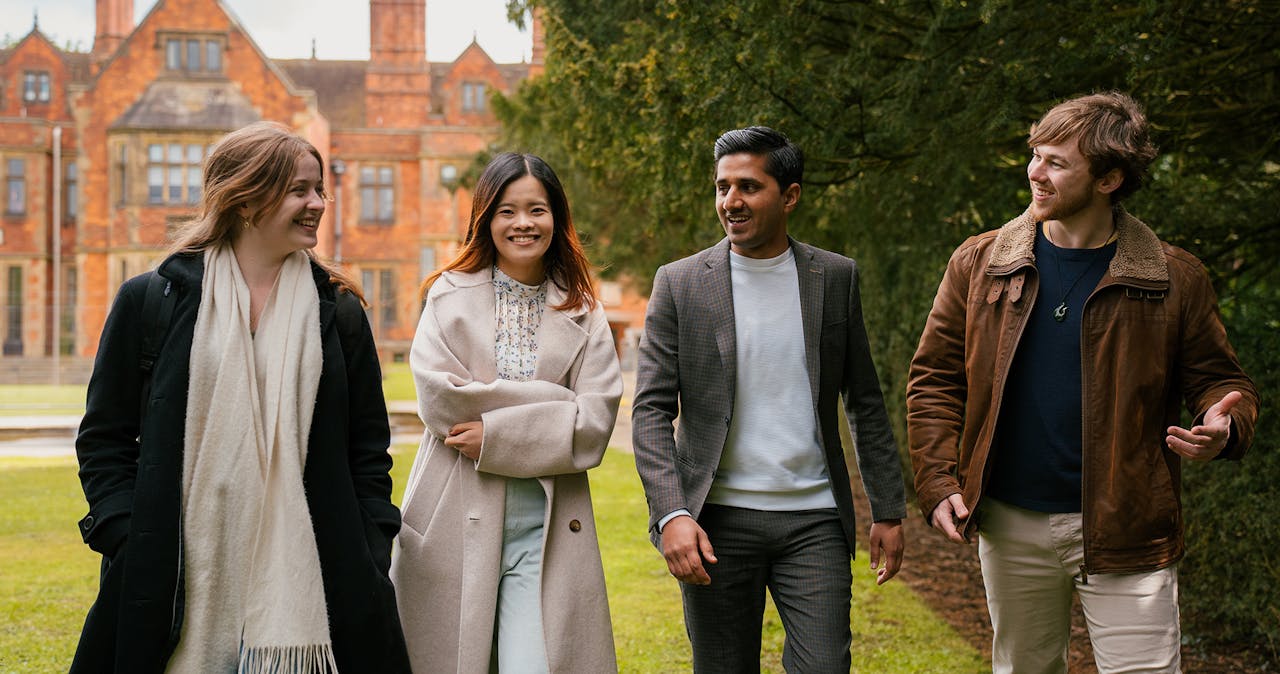Addressing these barriers
Having addressed these educational concerns, it seems pertinent to now address how we can support young people facing these barriers. Here are some suggestions:
1. Provide a welcoming and inclusive environment at school
Do you understand and educate yourself (and your colleagues) about issues faced by your young people? Does this encompass your uniform policy? Does your school have a racism policy and is this being implemented effectively? How can you highlight these policies to ensure students feel safe and listened to? How can you celebrate holidays and events of cultural importance? You could use the CIPD’s inclusion calendar for inspiration.
2. Engage with and encourage curriculum pieces by varied authors and figures
Can you advocate for more diversity within the curriculum? Have you considered sources you can bring into the classroom to support you - such as The Black Curriculum?
3. Consider wellbeing and mental health
Due to racism and discrimination, young Black people may face additional wellbeing and mental health concerns. Consider what you have in place to support this? Are you aware of useful and local resources and helplines to signpost them to? A good starting point might be YoungMinds.
4. Creating access for role models and relatable figures
If you do not currently have these in your school workforce, how can you advocate for this? If you invite external speakers (particularly for careers/HE provision) can you highlight people from a Black background? How can you use school alumni to support you with this - would they return to talk about their industry or experience?
5. Showcase authentic ‘real-life’ higher education experiences
Young people tell us they learn effectively from others who have gone through similar experiences to them. Not all experiences are negative! Here at the University of York, we have a growing population of Black students joining us. Although many students openly say they believed the North was “full of white people,” upon joining the University, they have found their community and feel welcomed and included both by the University and the City.
Access programmes
Perhaps one of the best opportunities for Black students to experience life at highly selective universities is through access programmes or events. Often, these permit students to go on a campus visit, funded by the university, and in some cases, to even stay in university accommodation and attend academic taster sessions, or participate in student societies, to get a real sense of student life.
One example of this would be the new Black Access programme at the University of York. This programme has been designed by current university students, with the support of the Access and Outreach team. Its purpose is to expose students to university life, in an honest and open manner, and has been created “for Black students, by Black students.” Black students in their first year of further education (eg. Year 12 or Level 3: Year 1) who are attending a state school, sixth form or college are eligible to apply. Throughout their time on the programme, they have the opportunity to attend events online and on-campus led by our current students. You can find out more about our programme on our Black Access website or by emailing black-access@york.ac.uk.
Take home messages...
- Black students are currently less likely to progress to the top third of most selective universities compared to their white peers
- Despite this, it is important to educate Black students about the opportunities available to them at these universities, such as those in the Russell Group
- There are many ways we can support and acknowledge the barriers faced by Black students, and we should ensure we approach this in a safe and inclusive way
- Many selective universities offer access programmes to support students to learn about their institution, or higher education more generally
You may wish to read more about how Russell Group universities are supporting students.




